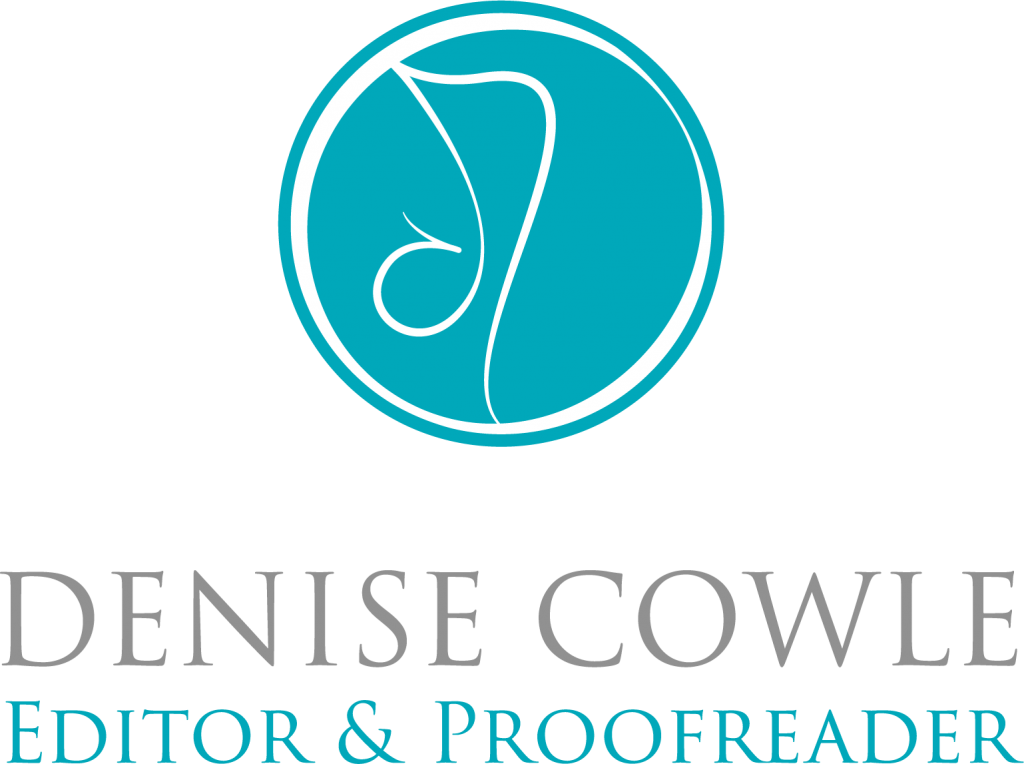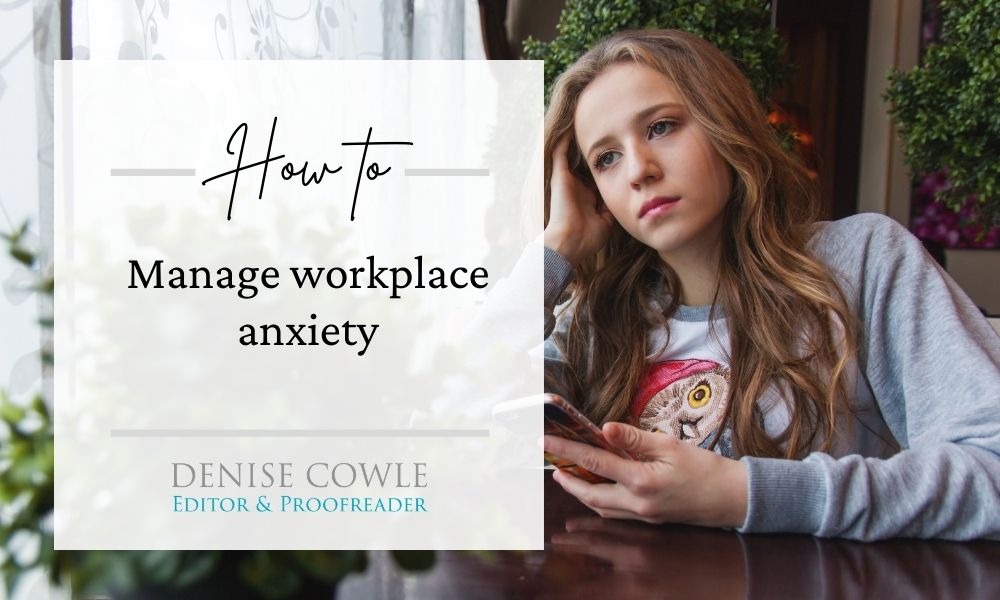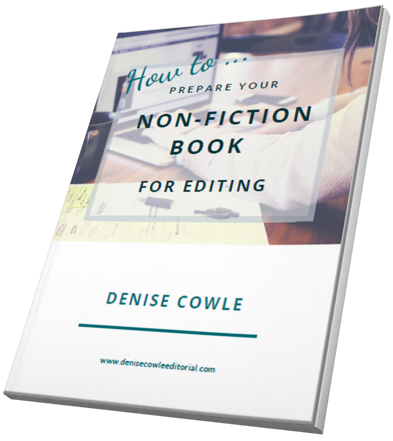Workplace anxiety affects many of us, particularly freelancers who don’t have the security of co-workers to hand when faced with a problem. I know we have virtual colleagues, but sometimes what we need is to see a friendly face, or get a reassuring pat on the shoulder (or a hug, if you prefer). When we don’t physically work alongside our colleagues it can be easy to become isolated and lose a bit of perspective on the small things we deal with every day.
What can cause workplace anxiety?
Here’s an example. I received a very simple email message from a project manager: ‘Can we talk?’
Innocent enough, isn’t it?
Well, perhaps. But without returning the call I had no way of knowing what the subject was, so my imagination went into overdrive assuming that I’d done something wrong, or not done something I should have.
Basically, without any evidence, I’d managed to convince myself that I hadn’t done my job properly and was about to hear all about it.
Note the key words here: my assumption and without any evidence.
There was nothing at all in the email to suggest anything negative was about to unfold, so why did I choose to interpret it that way?
Looking for some moral support, I turned to a closed group of editors on Facebook, shared the scenario and ended with this:
“I’m expecting the worst – why is that? I’ve absolutely no evidence to support this idea yet it’s how I seem to react to messages like this. Please reassure me I’m not the only one who thinks this way!”
Well, as it turns out, I’m not the only one. Far, far from it. There was a steady stream of ‘Me too!’ and ‘Glad it’s not just me’, and gentle advice to bite the bullet and make the call.
We all (me included) recognise that assuming the worst is irrational, yet it’s a position we can default to with surprising regularity.
Editors (and other freelancers), it would seem, are very, very good at self-doubt. The slightest thing, however innocuous, can tip us into a spiral of doubt and anxiety. One colleague recalled how she had even misinterpreted the unusually prompt payment of an invoice. She took it as a sign that her client was unhappy with the work she had done and wanted rid of her. In fact, the opposite was true and they now have an ongoing business relationship.
We worry when clients don’t contact us, and we worry when they do.
So I made the call. No prizes for guessing the outcome – it was a pleasant update chat about the project, with a thank you for being available to work over the coming weekend. And that was it.
No drama. No questioning my performance. No suggestion that I’m not up to the job.
I had created the whole worst-case scenario in my head.
How can I manage workplace anxiety?
So how can I change my behaviour in the future?
How can we stop ourselves from reverting to this needless worry when an innocent email appears in our inbox?
I’m not a mental health professional, but how about this? Three questions we can ask ourselves when we’re feeling anxious at work.
Three questions to help manage workplace anxiety
1 Where is the evidence?
If there’s nothing in the email to suggest there’s a problem, why create one? Take a minute to read it properly and then tell yourself, out loud if necessary, that there is nothing to suggest there is a problem with your work.
2 How can I prepare for the call?
You don’t have a crystal ball, so there’s no way of knowing what the call is about. However, you could review what you’ve been asked to do, check that you’ve met the deadlines for components of the project, and reassure yourself that you haven’t overlooked anything.
3 What is the worst that could happen?
This, of course, will depend on your individual circumstances.
For me, the worst that could happen would be a problem with my performance that I haven’t identified. It would mean that I’d have to revisit a piece of work, ask for more detailed guidance, or even get additional training. I would have to acknowledge my mistakes, apologise and ask how I could put things right.
Admitting that you’ve made a mistake is never pleasant, but being professional includes a commitment to improving your skills, and sometimes constructive feedback is what’s needed.
Could you be the cause of workplace anxiety?
This is also an opportunity to ask ourselves if we’ve ever sent emails like this.
Could we inadvertently be the reason for someone else’s anxiety?
Time is tight, and it can be tempting to dash off quick messages. We know what we mean, and what we want to discuss, but at the other end is someone agonising about it?
Remember from your own experiences how a message that is brief and to the point can be misinterpreted as being terse and unhappy.
Clarity is good: a few words about the subject you’d like to discuss will go a long way.
So remember …
The next time you get a mysteriously vague email, why not try these three steps to help deal with it in a rational, professional way?
And if that fails, there’s always tea, chocolate and virtual hugs from your online communities!
Do you ever experience worry or anxiety at work? What do you find is the best way of dealing with it? Please share your tips and suggestions in the comments – I’d love to hear them.






